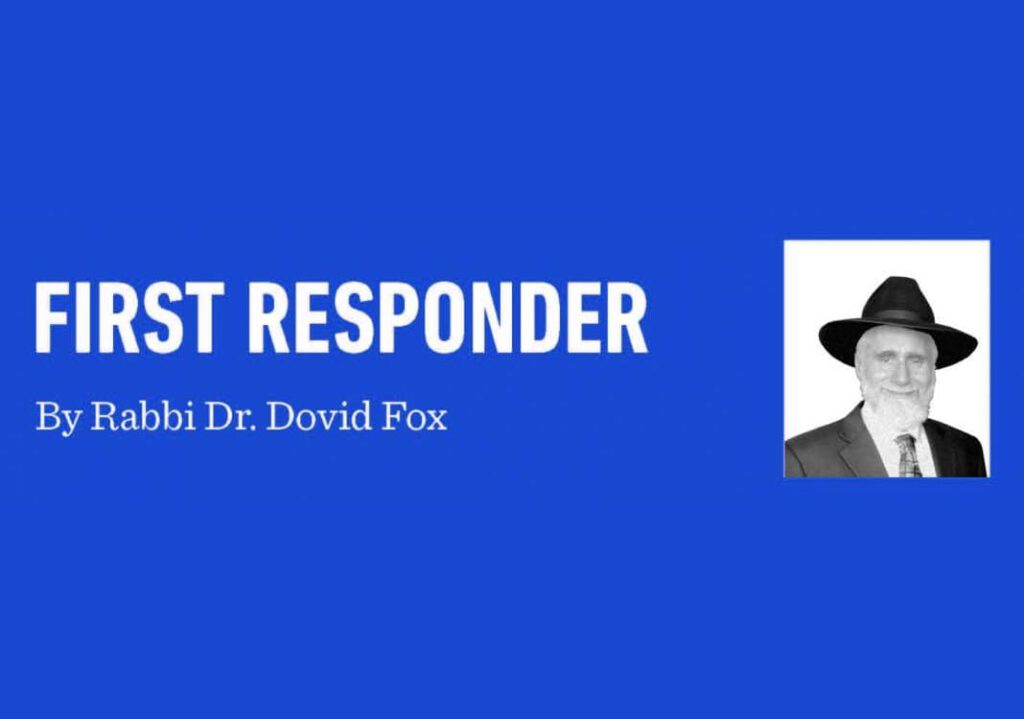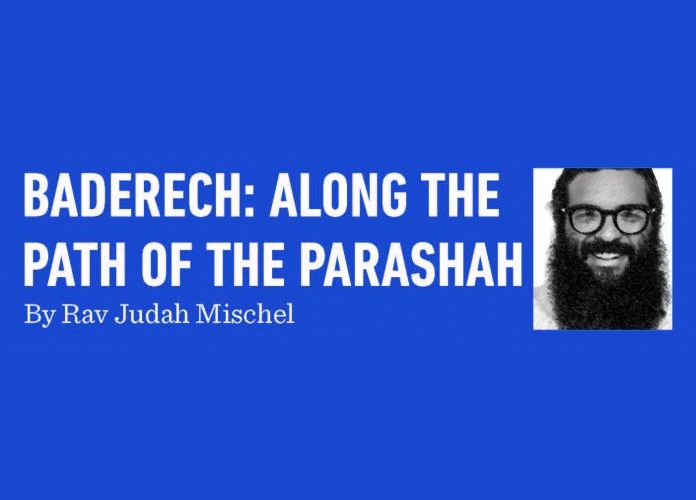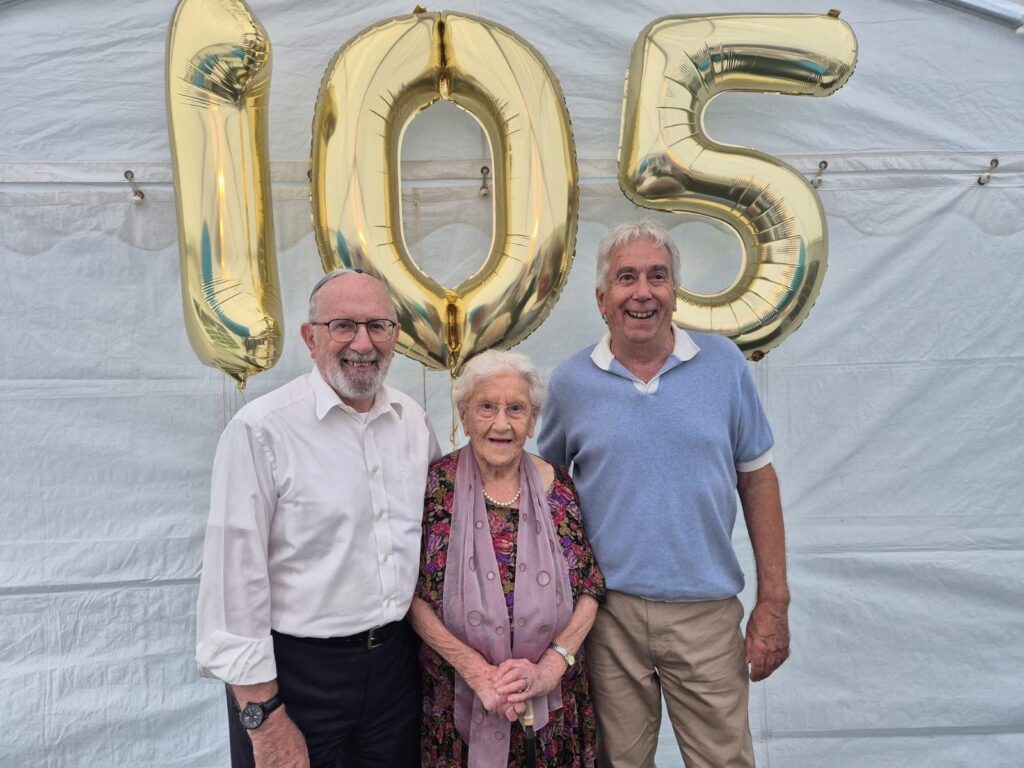Freedom To Focus
Torah learning is not just a central mitzvah. It is also the only way to achieve true freedom.
Rebbe Yehoshua ben Levi derived this idea from the Torah’s description of the writing on the luchot as “charut,” a word spelled the same way as “cheirut,” free.
What did Rebbe Yehoshua mean by this teaching? In what way do those not involved in Torah learning lack freedom? And what is the connection to the luchot?
Many meforshim associate Rebbe Yehoshua’s statement with an earlier one of Rebbe Nechunya benHakanah: “The ol (yoke) of malchut and of derech eretz are removed from one who accepts the ol of Torah” (Avot 6:2). Man was created to work; he gets to choose which kind of work to focus on. He can opt for backbreaking work in the fields or “work” with his mouth by learning Torah instead (San. 99b). If he chooses the latter, he is freed from the former (B’R 13:7).
How does that happen? How does a person who accepts the yoke of Torah have other responsibilities removed from him?
Rashi (Avot 6:2) explains that other people do his work for him. Rebbe Shimon bar Yochai derives this idea from k’riat Shema (Ber. 35b). He explains that the second parashah’s (Dev. 11:14) mention of our working in the field must refer to a time when the Jewish people are not fully committed to Hashem’s Will, because at a time when we are committed to His Will, our work is done for us by others.
How does this happen? Who does the work for those learning Torah, and why?
{A Divine Directive
Rabbeinu Yonah explains that our Mishnah mandates exempting those fully immersed in Torah learning (torato umanuto) from contributing to community tax collection and government-required work. Our Mishnahteaches us that other people are required not only to do a talmid chacham’s work, but also to cover his share of community taxes. (Note that these sources do not relate to the question of exemption from army service.)
Rebbe Yochanan understands this principle in an even broader way (Shab. 114a). He teaches that, in addition to covering the talmid chacham’s share of communal responsibilities, people are also responsible for doing his personal work for him. All of us should express our appreciation of talmud Torah’s importance by enabling those devoted to its study to focus on that important mission.
{A Divine Promise
The Rambam (Avot 6:2) explains the Mishnah differently. Instead of a Divine directive, the Rambam understands the Mishnah as a Divine promise. Rebbe Nechunya (and Rebbe Yehoshua by association) teaches us that Hashem spares those devoted to Torah learning from the burdens and challenges most people face. One committed to Torah learning is freed from the yokes of malchut and derech eretz by Hashem, not by other people.
The Midrash Tanchuma (VZ”H 5) quotes this idea about being spared from ol malchut in Hashem’s name. Moshe asked Hashem how He expected people suffering persecution in exile to devote time to Torah learning. Hashem replied, “Kol ha’osek baTorah, nitzol mi’shibud galuyot—Anyone involved in Torah will be saved from the yoke of exile.”
The Machzor Vitri and Bartenura apply this idea to the yoke of derech eretz, as well. Hashem ensures that those committed to Torah learning are unhindered by the need to work hard to earn a living. Rebbe Shimon benElazar points out that Hashem takes care of animals without their having to work for a living (Kidd. 82b). Hashem would also sort out our needs if we lived righteously.
Before he ate from the Eitz HaDa’as, Hashem provided for man without his having to work hard—“by the sweat of his brow” (Ber. 3:19). Hashem did this for the entire Jewish people when He fed us mon daily in the desert. Rebbe Shimon and Rebbe Nechunya teach us that if we focus our lives on Torah learning, we are still, even after the original sin, able to tap into this prelapsarian ideal of survival without difficult work.
The Chassidim HaRishonim, who spent nine hours a day davening, were an excellent historical example of this principle. The Gemara (Ber. 32b) wonders how their work got done and answers that Hashem ensured their work was completed quickly and easily. How long our tasks take and how hard they are to complete hinges on whether we devote ourselves to what Hashem wants to help us find the time and headspace for.
{The Chicken And The Egg
People often feel like they lack the time to commit to Torah learning because they are saddled with work and other burdens. The Mishnah teaches us that, in truth, the linkage goes the other way. We are saddled with responsibilities because we do not commit ourselves to Torah learning.
May we devote ourselves properly to what matters most, so we do not have to spend time on what matters less!
Next week we will iy’H delve deeper into the linkage of freedom to Torah learning by taking a closer look at the source Rebbe Yehoshua ben Levi quotes for his teaching—the writing on the luchot. n
Rav Reuven Taragin is the Dean of Overseas Students at Yeshivat Hakotel and the Educational Director of World Mizrachi and the RZA.
His new book, Essentials of Judaism, can be purchased at RabbiReuvenTaragin.com.













